Justice Sapana Pradhan Malla Calls for Clear Laws to Ensure Proportional Inclusion
- Dignity Post
- 19-12-2024 05:19
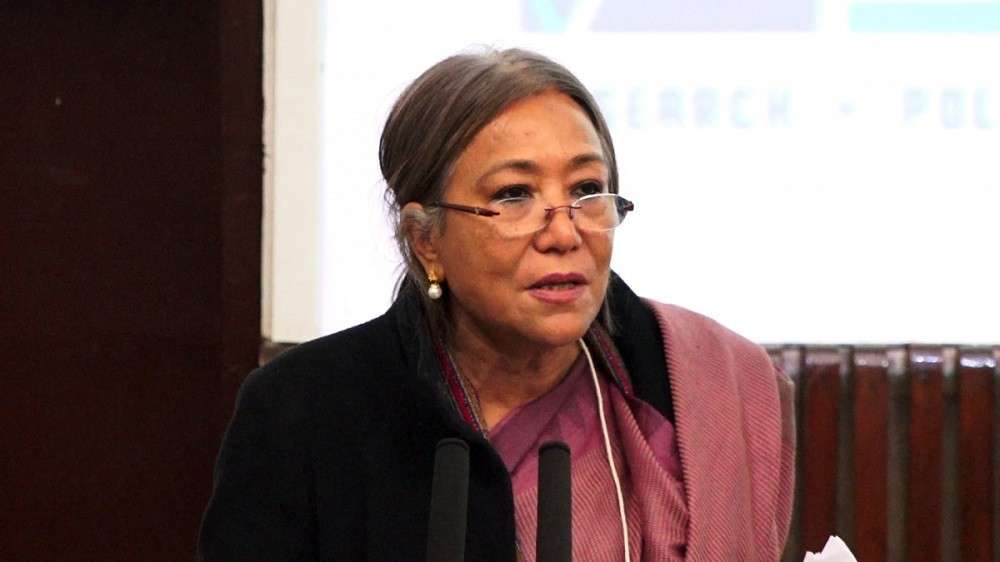
Supreme Court Justice Sapana Pradhan Malla has underlined the urgency of establishing a clear and robust legal framework to guarantee proportional inclusion at all levels of the state, as envisioned by the Constitution. Speaking at a program organized by the Nepal Administrative Training Institute on Thursday, Justice Malla highlighted the lack of political will and legislative clarity as significant barriers to achieving meaningful inclusion.
“A well-defined law is crucial for proportional inclusion, but it must be backed by genuine political intention,” she stated. Justice Malla expressed concern over the underrepresentation of women in leadership positions, pointing out that there are only seven female heads and 276 deputy heads at the local government level nationwide.
She questioned why women remain largely confined to deputy roles, attributing this disparity to a lack of commitment to women's inclusion. “This reflects the absence of genuine political will,” she remarked.
Justice Malla also addressed the broader issue of inclusion, emphasizing that it should not be perceived as a threat but rather as an opportunity to address historical inequalities. “Special arrangements must be made for excluded groups, such as Dalits and women, for a specific period. The Constitution requires a review of inclusion provisions every ten years. This commitment must not be overlooked,” she asserted.
She further stressed the importance of aligning legislative interpretation with the principles of inclusion, stating, “It’s not just about creating laws. The intent behind the law and its practical implementation are equally important.”
The program highlighted persistent challenges in achieving proportional representation and called for enhanced efforts to uphold constitutional mandates. Justice Malla's remarks serve as a reminder of the need for both legal clarity and political resolve to address systemic inequalities effectively.


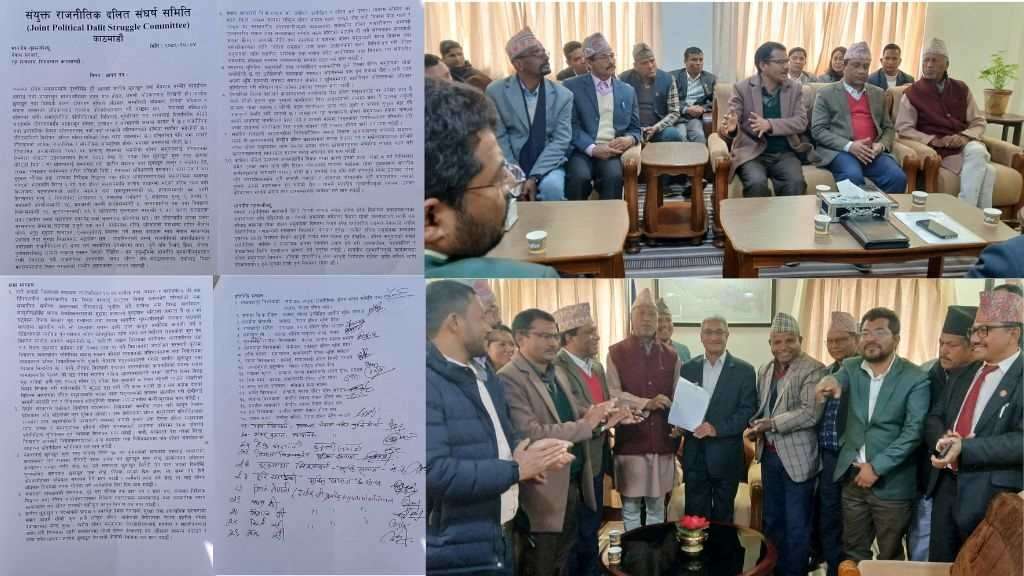
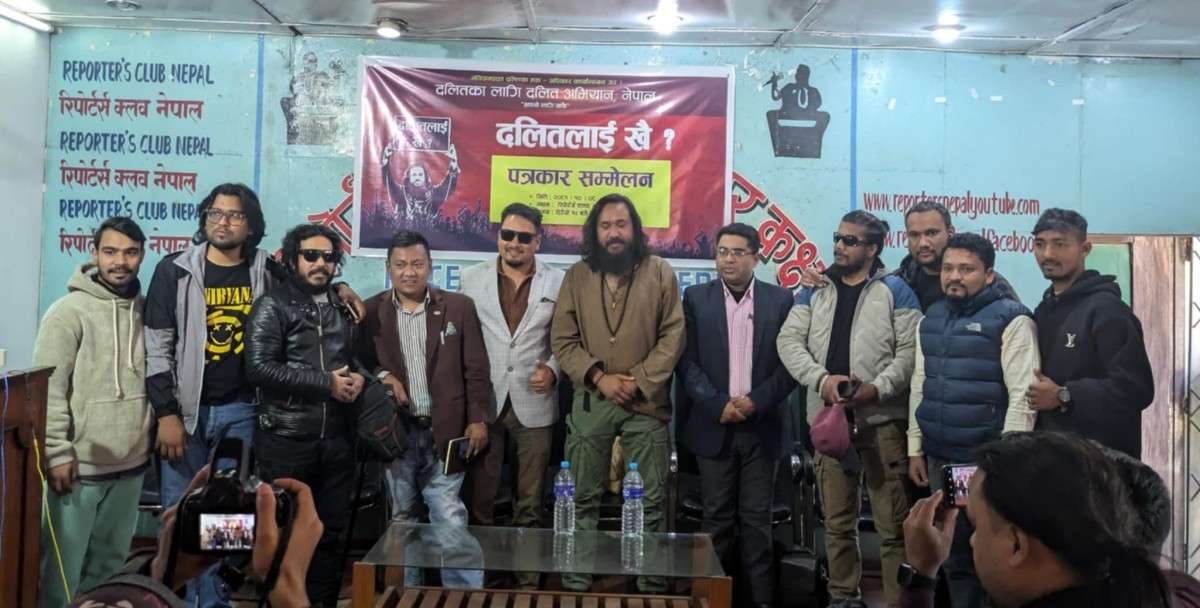
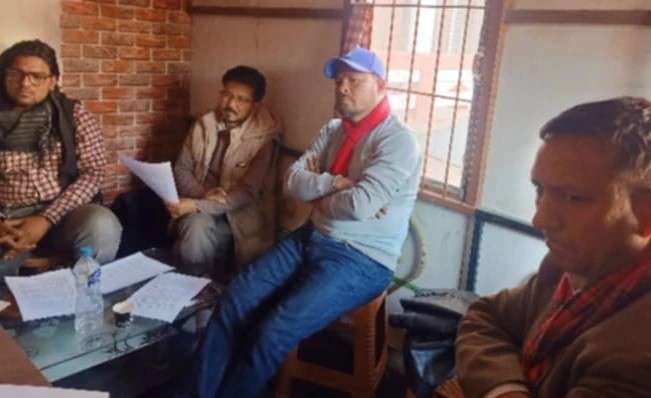

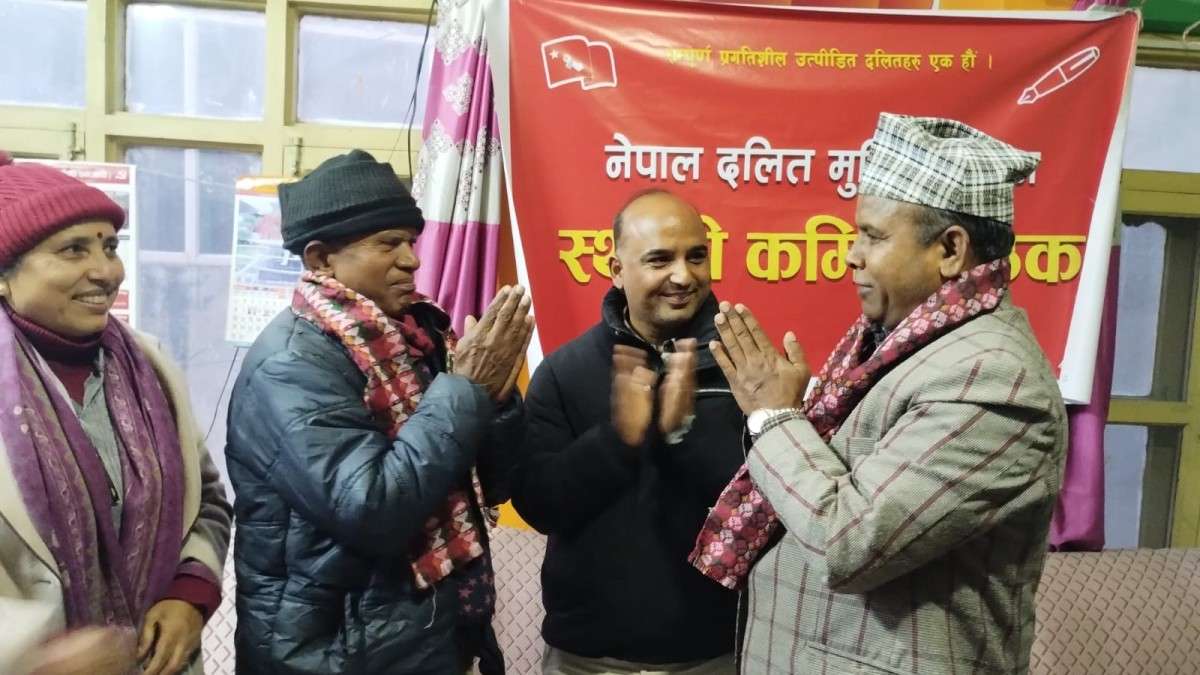
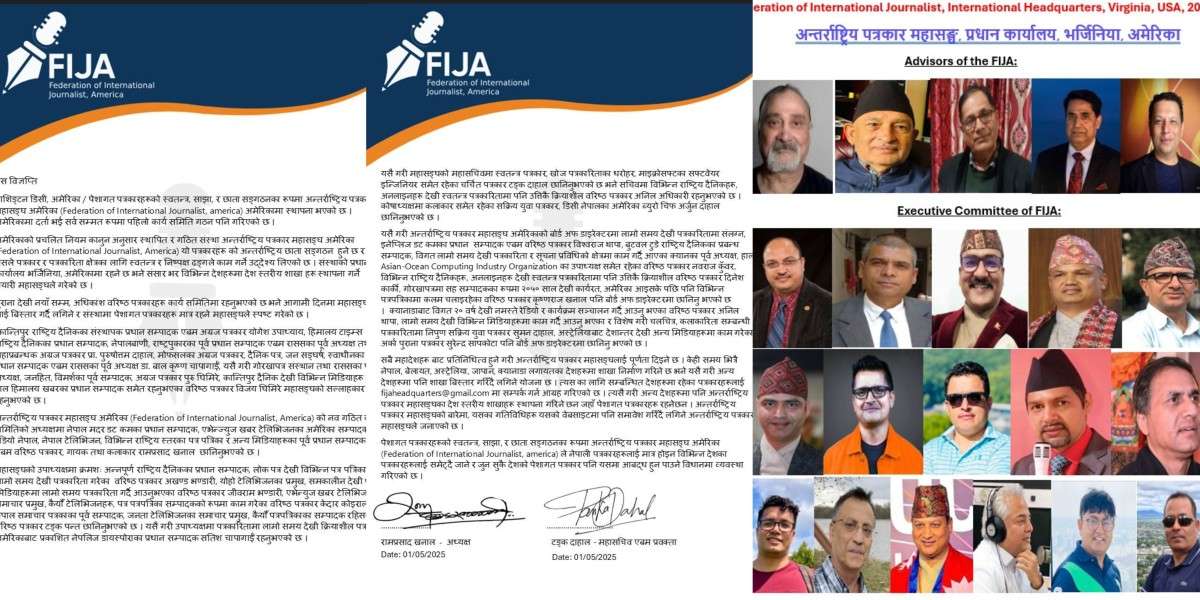



Conversation